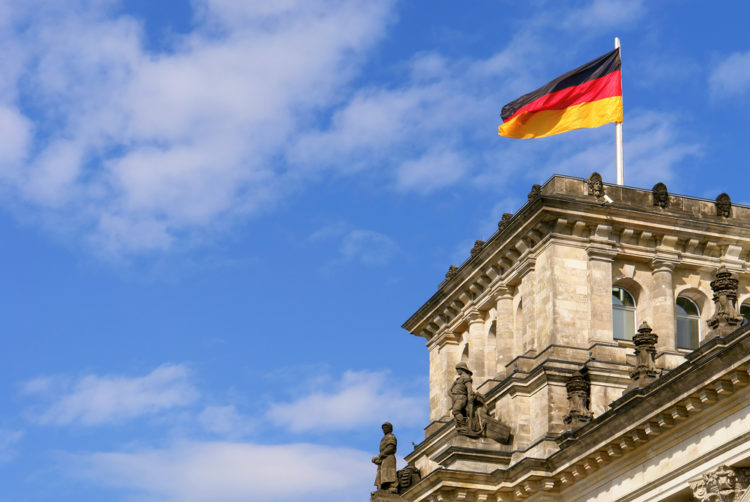Most Germans say they won’t fight for their homeland, while Russia launches $1,1 trillion rearment program since Soviet Union

Amid the growing threat from Russia, the German government is launching an ambitious rearmament program. But a recent poll shows: nearly 60% of Germans say they would “probably” or “definitely” not defend Germany in the event of an attack, The Telegraph reports.
Recently, Ukrainian military intelligence chief Kyrylo Budanov stated that Russia is preparing for a major war, including a potential conflict with NATO. Moscow plans to spend $1.1 trillion by 2036 on rearmament, which is the largest such investment since the fall of the Soviet Union.
Only 16% expressed full willingness to bear arms, while another 22% said they would “probably” defend the country, according to a survey commissioned by broadcaster RND.
These figures come as a blow to Defense Minister Boris Pistorius, who is spearheading a large-scale reform of the Bundeswehr in hopes of transforming it into a pillar of European security after decades of chronic underfunding.
Berlin changes its defense approach
In July, Pistorius presented a plan to recruit 40,000 young people annually until 2031. Under the proposal, all 18-year-old males would receive mandatory questionnaires, followed by medical examinations to assess their fitness for service.
The goal: increase the Bundeswehr’s size from 182,000 to at least 260,000 soldiers by 2035, and expand the military reserve from 60,000 to 200,000. Without internal motivation among citizens, this initiative may prove futile.
The Russian threat is real: Germany has no time for doubt
German intelligence chief Bruno Kahl has also warned of Russian provocations and Moscow’s ambition to push NATO back to its 1990s borders. Against this backdrop, the unwillingness of German citizens to defend their country may pose serious concerns in Berlin.
Read also
-
Germany raids company which secretly sent 20 machines to Russia for munitions production, despite Ukraine’s warnings
-
As Putin vows summer escalation, Berlin says Kyiv will soon gain secret tools to “affect Russian territory”
-
As Putin vows summer escalation, Berlin says Kyiv will soon gain secret tools to “affect Russian territory”